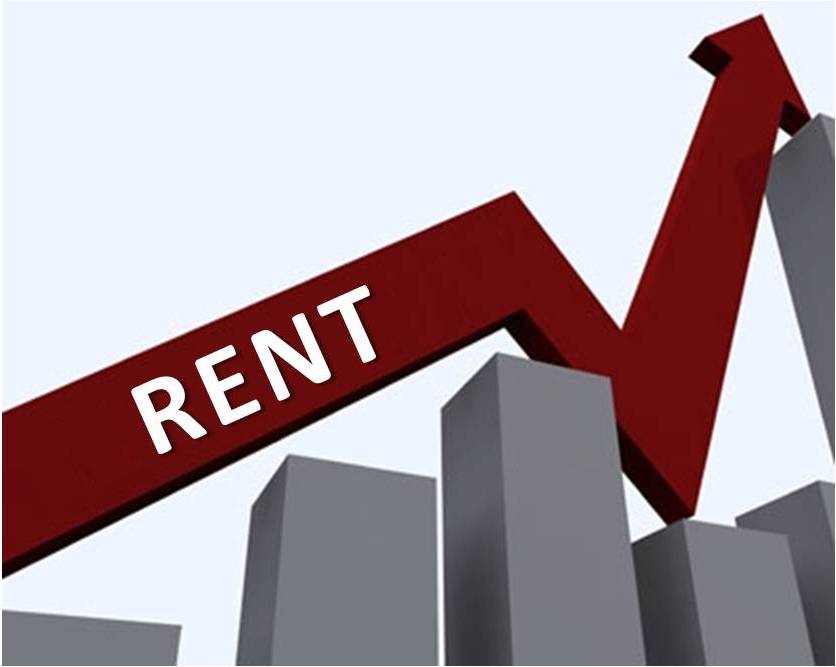
A new report indicates that if rents continue to rise young people will be more likely to share accommodation, or live with their parents for longer.
The study from the Economic and Social Research Institute (ESRI), entitled "Household Formation and Tenure Choice", shows that in the years since the downturn, falling rent levels meant people have been moving out of home at an earlier age.
The report examines the factors which lead young Irish people (between ages 20 and 39) to form an independent household and which also determine whether they choose to rent or to buy.
Figures indicate that people between the ages of 25 and 34 moved out in the year 2011 than would have done before the crash.
However with rents now on the rise again, people may be more likely to try and buy a house, but that could mean they have to stay with their parents for longer before they can set up home.
"Since the property crash, falling rents saw individuals setting up an independent household at an earlier age than before," the report observed.
"In particular, the results indicate that lower rents resulted in 2.3% more 25-29 year olds forming households in 2011 than would have been the case before the crisis, with a 2.1% increase among 30-34 year olds.
"Rents have begun to rise again and, if this continues, it is likely that in the future young Irish people will be more likely to share accommodation, or to remain living at home for longer."
Commenting on the report, David Byrne, one of the authors, said: "When house prices increase, people often expect to continue rising, providing an incentive to own instead of renting. After 2008, house prices fell considerably and so young people had an incentive to rent."
"Rent fell after the property crash, meaning young people could afford to move out and rent, often sharing accommodation," continued Mr Byrne, a research assistant at the ESRI .
"This is a change from what Irish people traditionally did. Rent has started to increase since, meaning people will likely remain at home longer."
Mr Byrne added that price expectations have begun to rise again, particularly in the Dublin area.
"As a result, the model would suggest that 2.6% of those who would have been content to rent, would probably now prefer to buy.
"This is contributing to the upward pressure on house prices."





